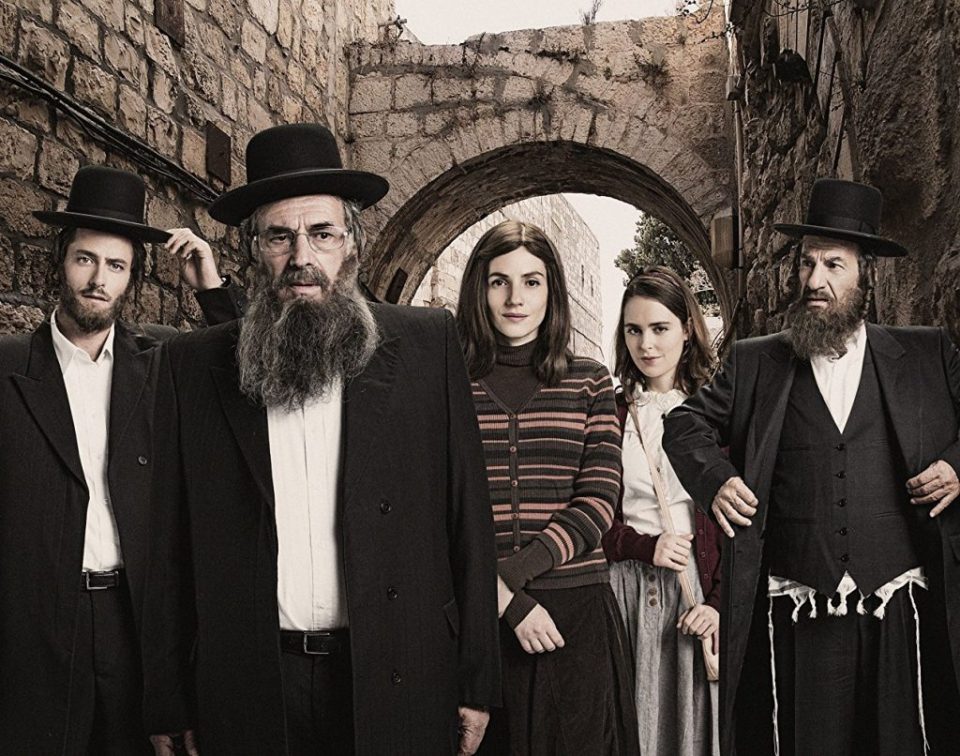Home means "elect" to the Jews

According to Jewish belief, Jews are the chosen ones because they have been chosen to make the idea of one god known to the world. It all started with Abraham, whose relationship with God has traditionally been interpreted in two ways: either God chose Abraham to spread the concept of monotheism, or Abraham chose God among all the divinities that were revered in his day. However, the idea of "choice" meant that Abraham and his descendants were responsible for sharing the word of God with others.
God's relationship with Abraham and the Israelites
Why do God and Abraham have this special relationship in the Torah? The text does not say. Certainly not because the Israelites (who later became known as Jews) were a powerful nation. Indeed, Deuteronomy 7: 7 states: "It is not because you are numerous that God has chosen you, indeed you are the smallest of people."
Although a nation with a huge permanent army may have been the most logical choice to spread the word of God, the success of such a powerful people would have been attributed to its strength, not to the power of God. Ultimately, the influence of this idea can be seen not only in the survival of the Jewish people to date, but also in the theological views of Christianity and Islam, both influenced by the Jewish belief in one God.
Moses and Mount Sinai
Another aspect of the choice has to do with the reception of the Torah by Moses and the Israelites on Mount Sinai. For this reason, Jews recite a blessing called Birkat HaTorah before the rabbi or another person reads from the Torah during the services. A line from the blessing addresses the idea of choice and says: "Praised you, Adonai our God, Sovereign of the world, for choosing us from all nations and for giving us the Torah of God." There is a second part of the blessing that is recited after reading the Torah, but it does not refer to the choice.
Wrong interpretation of the choice
The concept of choice has often been misunderstood by non-Jews as a declaration of superiority or even racism. But the belief that Jews are the elect actually has nothing to do with race or ethnicity. Indeed, the choice has so little to do with the race that the Jews believe that the Messiah will descend from Ruth, a Moabite woman who converted to Judaism and whose story is recorded in the biblical "Book of Ruth".
Jews do not believe that being a member of the chosen people confers special talents on them or makes them better than anyone else. On the theme of choice, the Book of Amos even goes so far as to say: “Only you have chosen from all the families of the earth. That is why I invite you to explain all your iniquities "(Amos 3: 2). In this way, Jews are called to be a "light for the nations" (Isaiah 42: 6) doing good in the world through gemilut hasidim (acts of loving-kindness) and tikkun olam (repairing the world). However, many modern Jews they feel uncomfortable with the term "chosen people". Perhaps for similar reasons, Maimonides (a medieval Jewish philosopher) did not list it in his 13 Basic Principles of the Jewish Faith.
Opinions on the choice of the different Jewish movements
The three largest movements of Judaism: Reformed Judaism, Conservative Judaism and Orthodox Judaism define the idea of the chosen people in the following ways:
Reformed Judaism sees the idea of the Chosen People as a metaphor for the choices we make in our lives. All Jews are Jews by choice in that each person must make a decision, at some point in their lives, whether or not they want to live Jews. Just as God chose to give the Torah to the Israelites, modern Jews must decide whether they want to have a relationship with God.
Conservative Judaism sees the idea of choice as a unique inheritance in which Jews are able to enter into a relationship with God and make change in the world by helping to create a compassionate society.
Orthodox Judaism regards the concept of elected people as a spiritual call that binds Jews to God through the Torah and mizvot, to which Jews have been commanded to be part of their lives.